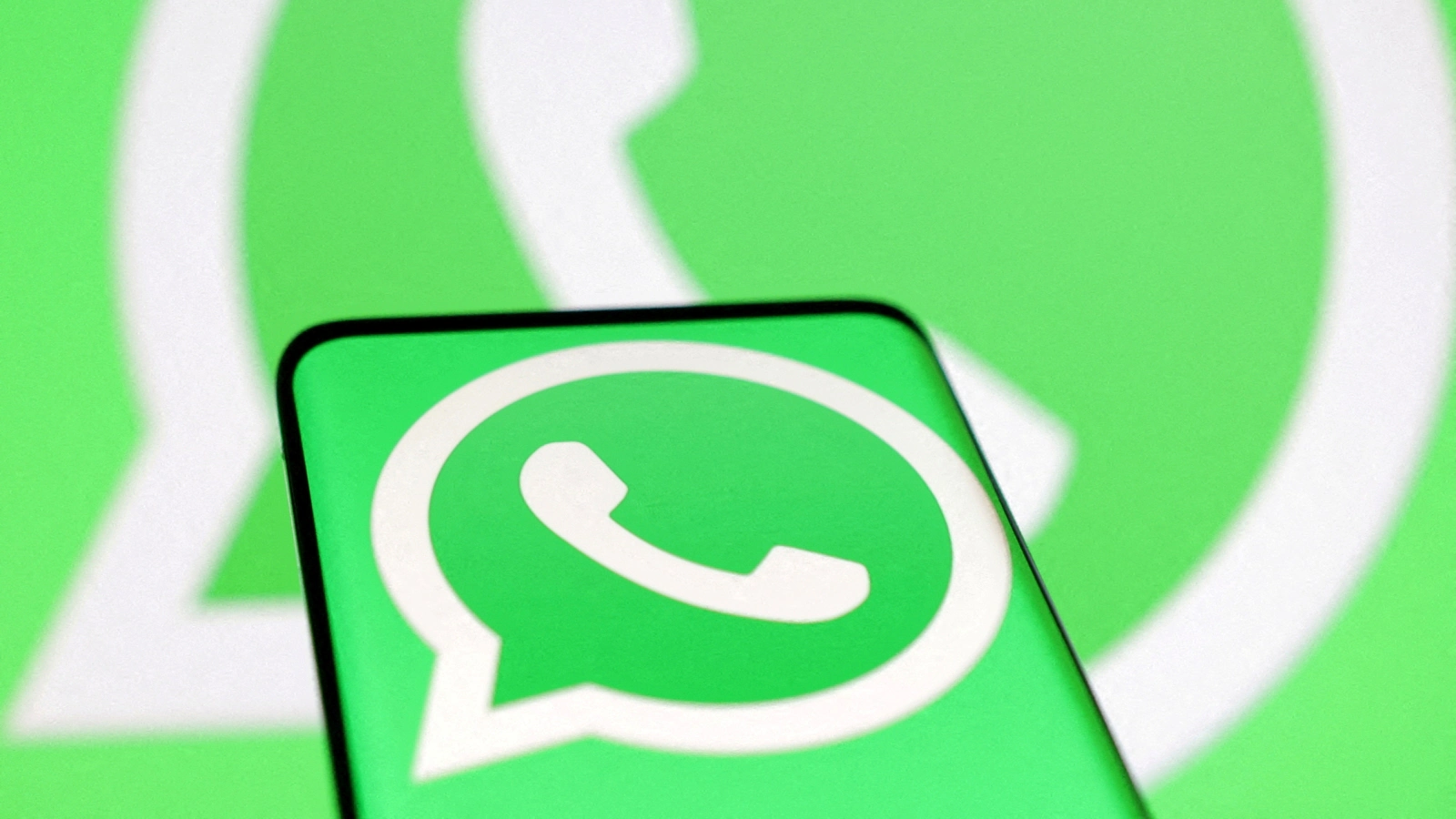WhatsApp, the world’s most popular messaging app with billions of users, is taking a radical new measure to combat the growing spam problem. Meta, the app’s parent company, will impose a limit on the number of monthly messages users can send to people they haven’t responded to. The company confirmed that it will begin testing this new restriction in multiple countries worldwide in the coming weeks.
Monthly Quota for Unanswered Messages!
This new rule, confirmed to TechCrunch, specifically targets businesses with high messaging volume and malicious spammers. The way it works is quite simple:
“Every message sent by a user or business, unless they receive a response from the person they messaged, will count towards this new monthly quota.”

For example, if you send three consecutive messages to someone you met at a conference and they don’t respond, those three messages will count against your quota. Meta states that this limit won’t affect regular users, but is intended only to stop “individuals and businesses that spam.” The exact number of messages in the quota hasn’t been announced yet.
This isn’t the first time WhatsApp has taken action against the spam problem affecting its more than 3 billion users. In recent years, the company has introduced various features to combat spam, particularly those of a political and commercial nature. However, spammers’ rapid bypassing of these measures has prompted Meta to take more drastic measures.
This latest move comes as WhatsApp is preparing to introduce username support, which will allow users to connect without sharing their phone numbers. Because the username system could potentially increase spam opportunities, Meta is believed to have already tightened its security measures.
While Meta hasn’t announced a release date for the username, it was already seen working on a “nickname reservation screen” in its Android beta. Similar code was also spotted in the iOS beta this week, suggesting the new feature could be rolled out to all users soon.













